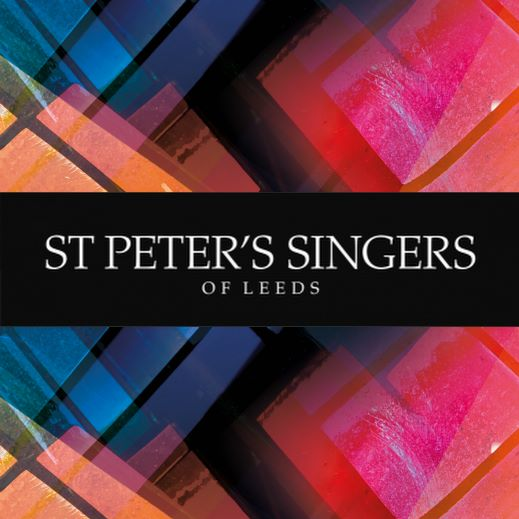About the text of Penthos
In the poet's words...
In discussion with Matthew Oglesby, I wrote a text based on the Western Christian Requiem or Mass for the Dead. As collaborators, we sought to articulate through words and music the perennial experience of human remorse for ill-doing, in the face of a loving and forgiving God. I wanted to keep the liturgical function of the conventional Requiem - a call for God's mercy in the Kyrie, glorification in the Sanctus and so on - but to draw on imagery and words not only from the Bible but from Syrian spiritual writings, especially as the tradition of early Syrian spirituality was for theology to be written down in poetic form.
We decided to complete this piece to coincide with the centenary of the commemoration of the ending of the so-called Great War, in sorrowful recognition that this was not the final act of war waged between nations. So while it resonates with the Armistice, it also acknowledges the continuing hostilities between nations and individuals all over the world, where 'sin' in many different guises continues to cause suffering and grief.
The words draw attention to the female characters in the New Testament who weep - Mary Magdalene, the un-named 'sinful woman' of Luke Chapter 7 - who are responded to tenderly by Jesus. The New Testament's borrowings from the Hebrew Scriptures also suggested the figure of Rachel, weeping for her children who were dead. This image was powerfully suggested by newscast images of refugees and mothers in war zones which fill our screens daily.

